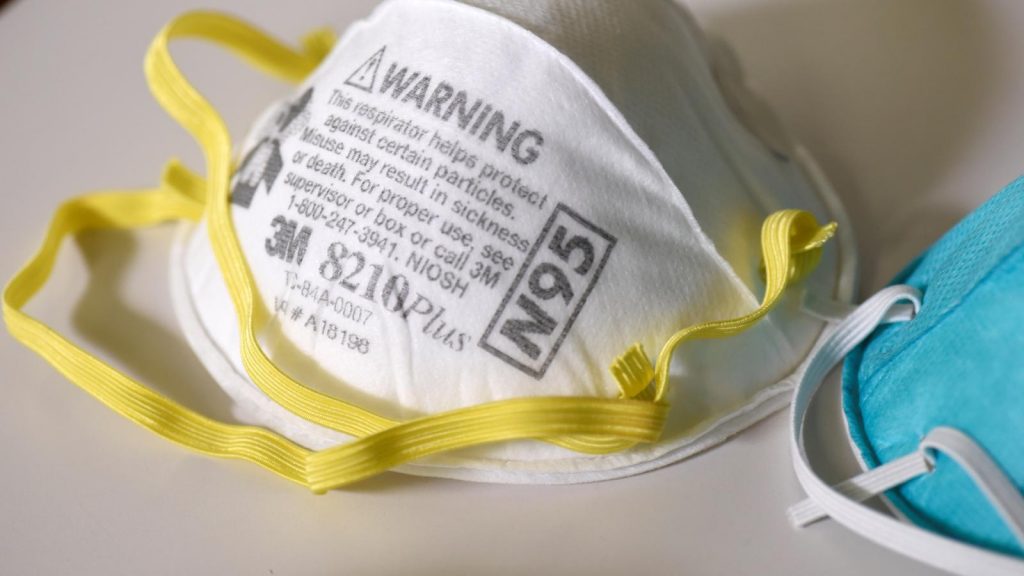Since the COVID-19 pandemic enters its second year, a growing body of Science has led to better knowledge of how to avoid transmission of this deadly virus. That does not mean each little is actionable, but many Americans are researching ways to boost their mask protection. However, the advice on hiding is fraught with controversy: Many Specialists recommend N95 masks, while national regulations and big-tech policy makes it tough to acquire those masks, even though a current production surplus. To be eligible, a mask must fulfil the following standards.

- Filters 95 percent of airborne particles
- Certified by the National Institute for Occupational Safety and Health NIOSH with rigorous testing
- Listed on the NIOSH Trusted-Source webpage
- Fitted with headbands–not ear loops
While the Filtration of 95 percent of airborne particles is rather straightforward, the rest of the standards bear explanation. It is also the only organization on earth that could offer a respirator, or face mask, the tagN95, that is a national certification indicating the mask, in a lab setting, can filter at least 95 percent of airborne particles. N95 certification Is about the American equivalent of the Chinese KN95 and the Korean KF94 certificates, though KN95 and KF94 masks frequently don’t meet the exact standards. The CDC maintains a whitelist of KN95 producers whose masks meet 95% filter criteria, even though they don’t award those products the N95 tag.
NIOSH certification involves rigorous testing
N95 certification involves exacting methodology. Contrary to the cloth masks that were popular from the Early days of the pandemic, N95 mask for sale structures require specialized equipment to test. According to Paul Schrater, Chief Business Officer of Advoque, a firm that turned to generating PPE during the pandemic, NIOSH Acceptance took his company about four months. The CDC has recommended you wear a mask when you are in public to help maintain social space in difficult areas including grocery shops. We believe everyone ought to be aware the CDC isn’t recommending the N95 masks be worn with the general public in many situations. The CDC has made templates available to explain how you can use coffee filters to build your own masks.
This will offer you protection against occasional sneezes or coughs. We want you to understand the gap between mask Re-processing, rotation, re-use and prolonged use. Based on Sages.org, the differences are described as follows. Re-processed or decontaminated masks aren’t suggested by the CDC to decontaminate an industrial center. To get a mask to be considered re-processed, the mask must, Not be soiled by makeup or bodily fluids. There must be no compromise concerning the proper fit. The viral load on the N95 must be satisfactorily inactivated. The ionic charge and filtration capability has to be preserved.



